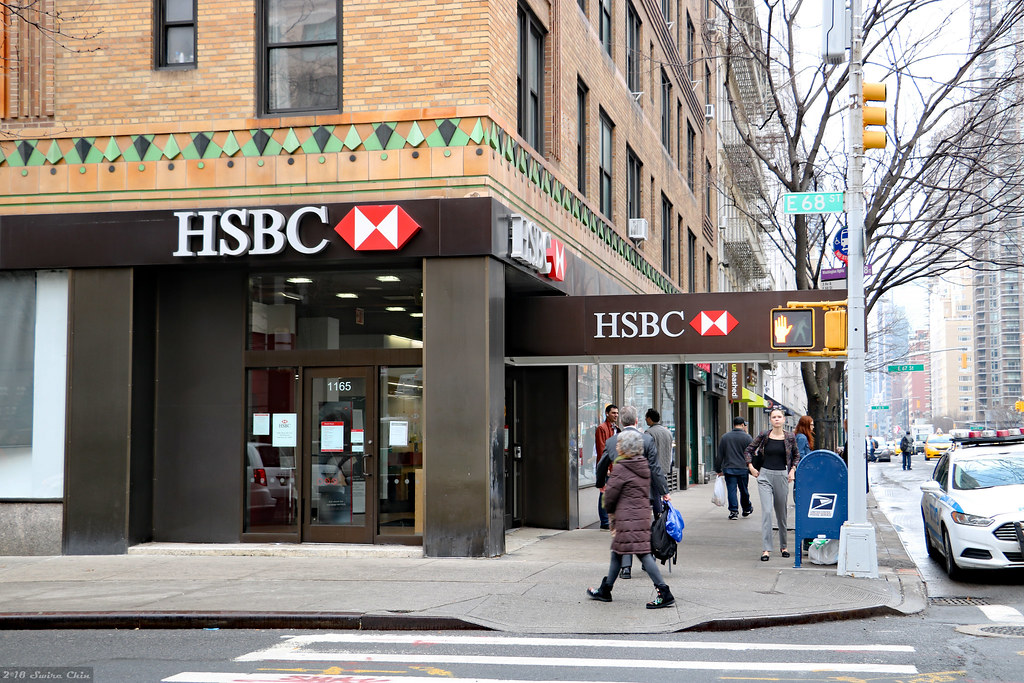Starting July 24, 2024, HSBC Australia, a branch of the international banking giant, has initiated a significant policy change by blocking payments to cryptocurrency exchanges. This measure is part of the bank’s efforts to protect customers from potential scams, reflecting a cautious stance towards the rapidly evolving cryptocurrency market.
HSBC Australia notified its customers via email about the new safety measures, explaining that the bank will block any transactions from bank accounts and credit cards directed towards cryptocurrency exchanges. This decision aims to safeguard customers from the high risks associated with investment scams, as highlighted by recent data indicating Australians lost approximately $171 million to such scams in 2023.
Impact on Customers and Crypto Exchanges
The bank’s decision necessitates that customers seeking to transact with cryptocurrency exchanges find alternative banking arrangements. While HSBC’s new policy restricts outgoing payments to exchanges, it reassures customers that incoming payments from cryptocurrency platforms will be processed as usual, and banking operations will continue normally.
The announcement was not preceded by consultations with industry stakeholders, leading to significant concern among leaders in the digital economy. Amy-Rose Goodey, managing director of the Digital Economy Council of Australia (DECA), expressed disappointment over the lack of prior communication and stressed that this move highlights the ongoing tension between Australian banks and the cryptocurrency sector.
Goodey criticized the unilateral nature of HSBC’s decision and emphasized the need for more effective dialogue and regulatory frameworks that balance the need for innovation with consumer protection. She advocates for clear, fair, and forward-thinking regulations to combat scams without stifling technological advancements.
In response to the growing concerns about scams, DECA has actively participated in shaping the regulatory landscape. Since 2023, DECA has been a member of the advisory board of the National Anti-Scam Center, working towards establishing robust measures to safeguard participants in the digital economy.
Comparison with Other Banks
Following HSBC Australia’s announcement, Bendigo Bank also moved to block transactions to cryptocurrency exchanges, citing similar concerns about protecting their customers from investment scams. This trend among major banks points to a growing caution within the financial industry regarding the risks associated with cryptocurrencies.
| Aspect | Details |
|---|---|
| Effective Date | July 24, 2024 |
| Policy | Blocking payments to cryptocurrency exchanges |
| Reason | Protection against investment scams |
| Impact | Customers need alternative banking solutions for crypto transactions |
| Response | Incoming payments from crypto exchanges still processed |
| Customer Base | 1.5 million customers across 45 branches |
The decision by HSBC Australia and other banks to limit interactions with cryptocurrency exchanges is likely to prompt a broader discussion on the integration of digital currencies within traditional financial systems. As the digital economy grows, banks and regulatory bodies will need to navigate these challenges carefully to foster a secure yet innovative financial landscape.
HSBC Australia’s move to block payments to cryptocurrency exchanges marks a cautious step in response to the rising incidence of scams. While protective for consumers, it underscores the broader challenges and the critical need for dialogue and improved regulatory frameworks within the Australian financial and digital economies.










